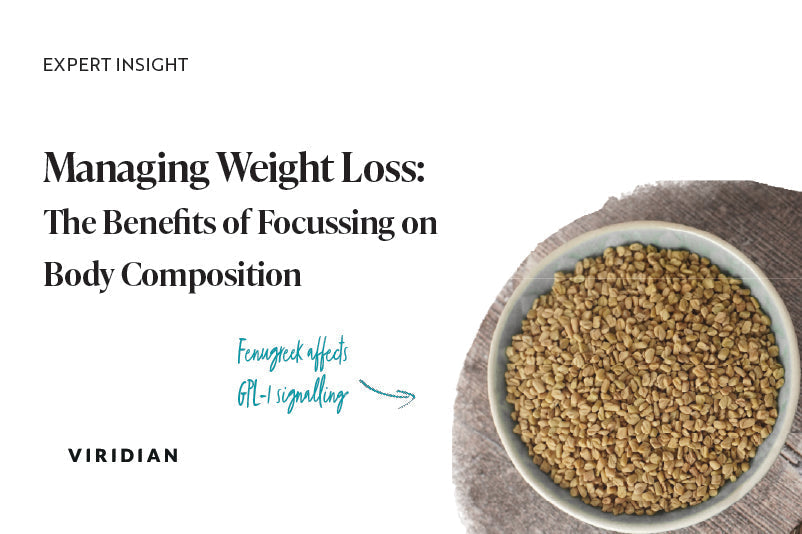
Indulgent food is often at the centre of celebrations over the festive period. While it’s great to appreciate food at this time of the year, too many indulgent meals can put our digestive systems into overdrive. You might be eating more sugary, fatty, and rich foods than normal which can create havoc in your digestive system, causing bloating, irritable bowel syndrome (IBS), indigestion and uncomfortable digestive symptoms. Imbalances in the gut microbiome can also lead to excessive bloating, as can chewing with the mouth open. Here are some natural digestive aids and tips to help you through the festive season.
Try digestive enzymes
Bloating occurs in the bowels whereas indigestion occurs earlier in the process of digestion in the stomach. Indigestion can be caused by lack of or not enough of the right enzymes that help to down food in the stomach if there is not enough digestive acid, or digestive enzymes, food will take longer to break down. If the food reaches the small intestines when it is still not broken down effectively, it can increase the chances of bloating.
IBS can manifest as symptoms like diarrhea, constipation, and bloating, nausea and improper digestion. Digestive enzymes like lipase, amylase and protease all help to digest protein, carbohydrates and fats in the diet. Adding enzymes like this through supplementation can help support the digestive process.
Add ginger and peppermint
Taking carminative herbs are a great way to help with digestion as they help to relieve gas and bloating as well as feelings of fullness or spasm. Ginger, peppermint and lemon balm are some popular carminative herbs which can be taken as a supplement or in a warm cup of herbal tea after a meal to help assimilate the food and reduce any discomfort.
Ginger and peppermint also help to promote a healthy and well-balanced environment for optimal digestion. Betaine HCl is another natural supplement which can be used which acts in a similar way to our natural stomach acid.
Fill up on Fibre
While you might be eating more sugary and fatty foods than normal, you may not be having as much fibre as usual. Try to include as many vegetables in your meals as possible to add optimal fibre, the microbiome loves fibre, so, aim to eat 40g per day. Live or friendly bacteria can be useful to add as they help towards a healthier microbiome.
Consider bitter herbs
Support your liver and digestion by having bitter herbs roughly 15 minutes before a meal to stimulate the release of digestive juices, like saliva and stomach acid, to start the digestive process. Some bitter herbs include gentian, dandelion, burdock and ginger while other bitter foods include rocket and bitter melon.
Give your liver a detox
After the festive period is over sometimes it feels like a detox is needed, especially if more alcohol than normal is involved. Herbs like milk thistle can help with liver and kidney health and reduce any inflammation in the liver.
Taking time to go for a gentle walk after any big meals can help digestion and balancing out blood sugar levels which is especially helpful for people with type 1 diabetes. Research has shown an immediate drop in blood glucose levels in participants who went for a post-meal walk for 30 minutes after a big meal. Continuing to do this daily will improve insulin sensitivity and reduce unnecessary spikes throughout the day.
Embracing festive wellness
Don’t forget that this time of the year is for celebration so try not to restrict yourself too much as it’s important to appreciate food and different flavours. Take time to relax and enjoy your food without feeling guilty, but keep in mind the tips which might help your digestion run smoother!
When choosing supplements, make sure they contain 100% active ingredients and are free from excipients, additives and fillers. For more advice and information, visit your local health food store at findahealthstore.com
Author: Eleanor Faulkner, BSc, is a Nutrition Advisor at Viridian Nutrition. She holds a BSc honours degree in Food Technology with Nutrition.
References
Lawton, C.L., Walton, J., Hoyland, A., Howarth, E., Allan, P., Chesters, D. and Dye, L., 2013. Short term (14 days) consumption of insoluble wheat bran fibre-containing breakfast cereals improves subjective digestive feelings, general wellbeing and bowel function in a dose dependent manner. Nutrients, 5(4), pp.1436-1455.
Kabiraj, A. and Deshmukh, R., 2024. A review on chinese herbal medicine used as carminative. Pharmacological Research-Modern Chinese Medicine, p.100409.
Yamanouchi, K., Abe, R., Takeda, A., Atsumi, Y., Shichiri, M. and Sato, Y., 2002. The effect of walking before and after breakfast on blood glucose levels in patients with type 1 diabetes treated with intensive insulin therapy. Diabetes research and clinical practice, 58(1), pp.11-18.
The information contained in this article is not intended to treat, diagnose or replace the advice of a health practitioner. Please consult a qualified health practitioner if you have a pre-existing health condition or are currently taking medication. Food supplements should not be used as a substitute for a varied and balanced diet.







